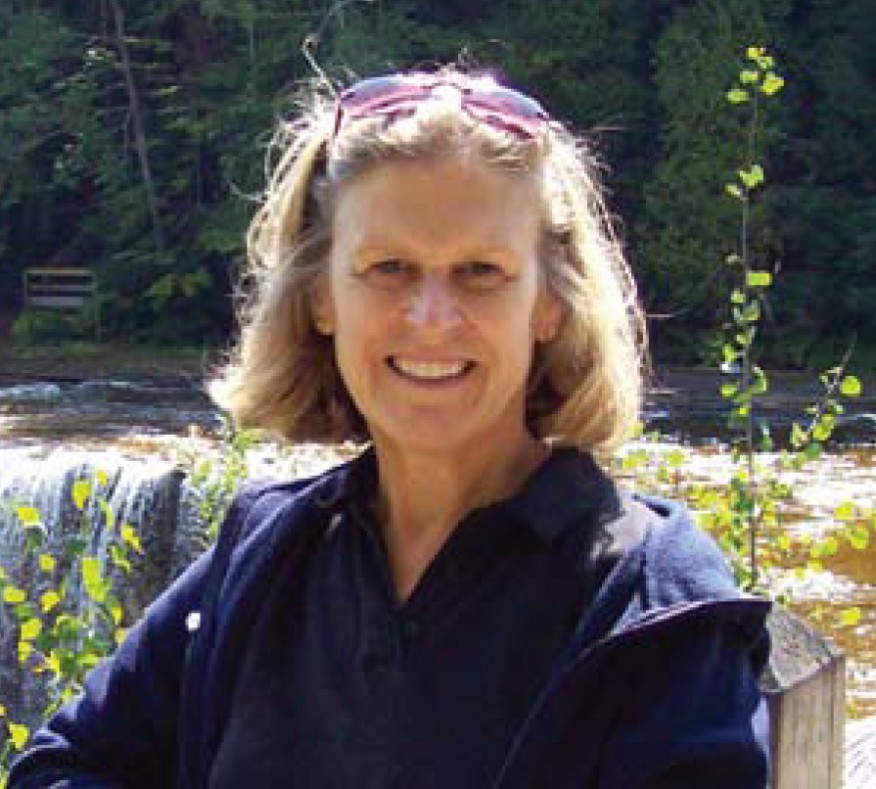From the moment Darlene Racz took her first undergraduate class in social work, she knew it was a field she wanted to explore. In fact, that class, Introduction to Social Work, was the only class in social work that Adrian College offered, but Racz was sure she wanted to pursue social work because “it tied the group interaction of sociology and the individual level of psychology together.”
Racz was so strongly committed to social work that, although she had been working toward an English degree in order to become a teacher, she decided not to do her student teaching, focusing on graduate school instead. Although she could have pursued a job in social work with her undergraduate degree, Racz says she “didn’t feel prepared, but wanted to get prepared” to pursue the type of position she wanted, so she applied to the U-M School of Social Work and began her studies in the fall of 1973.
Racz knew from the beginning that she wanted to work with older adults because as a child she was often in the company of elderly people, both family members and neighbors, and enjoyed time spent with them. For her initial social work placement, she requested to work with geriatric patients and was assigned to a senior center in Detroit, leading a drama group that gave two major performances a year. “They couldn’t memorize anything prewritten, so they created it themselves. Not everybody had lines, but everybody had a part. People felt really good about the group, being part of it.”
In addition to her outside placement at a senior center, Racz was also enrolled in aging courses, so a specialist in aging certificate seemed to be the next logical step. In her second year of graduate school, Racz found a job with the Department of Recreation in Hazel Park and worked and pursued her master of social work degree simultaneously. She credits her professors with helping to make her time in the School of Social Work enjoyable, saying that while the faculty “have exhaustive credentials, they were also skilled practitioners in the areas they taught, and they were so supportive of the students.”
After earning her master of social work degree in 1977, Racz went back to work at the senior center in Detroit where she had first been placed, eventually becoming director. Following years of service there, in 2006 Racz took the position of associate director of social work and community programs for the University of Michigan Health System’s Geriatrics Center and Turner Geriatric Clinic, becoming only the second person to hold that position.
Racz enjoys her job so much that she finds it difficult to imagine herself doing anything else. She enjoys working with the staff and getting the chance to talk and interact with older people, and she loves “really getting to make a difference in people’s lives.” Racz’s current duties include everything from coordinating social services and community programs for the elderly patients at the Geriatric Clinic to giving lectures to School of Social Work students enrolled in a seminar about geriatrics. She is particularly proud of services offered through Turner Geriatric Clinic that help not only clinic patients but their caregivers as well.
One of the most valuable things Racz learned and continues to use from her time spent at the School of Social Work is a systematic process for serving people within a core set of values, eventually interpolating the skills and knowledge into everyday life. These values, she says, are a way of approaching the situation—not to jump in, but to sit back and assess the situation and to find a solution that works for most of the people involved.
“What you learn from group work is that you can turn any activity into an opportunity for growth,” Racz says. “It’s not what you do, it’s how you do it.”
—Amber Michele Gray is a freelance writer living in Ann Arbor.
